Charles III officially proclaimed UK's king in ceremony televised for first time
King Charles III has been publicly proclaimed as the new monarch of the United Kingdom following the death of his mother Queen Elizabeth II, the longest-serving monarch in British history.
In a formal ceremony of the Accession Council, at St James's Palace in the capital London on Saturday, Charles III was officially declared king. The ceremony, attended by around 200 of the current Privy Counselors, including many former prime ministers and other senior politicians, as well as judges, bishops and senior civil servants was televised for the first time.
It was the decision of King Charles III to allow television cameras into the Accession Council for the first time to allow the public to view proceedings.
The King himself was not present in the first part of the ceremony, during which British lawmaker Penny Mordaunt, the Lord President of the council, announced the death of Queen Elizabeth II.
In the second part of the ceremony, the King joined the gathering and Clerk of the Privy Council Richard Tilbrook proclaimed Charles "King, head of the Commonwealth, defender of the faith", before declaring "God Save the King".
The proclamation was then signed by members of the council.
Making his own declaration, the King said it was his "most sorrowful duty" to announce to the death of his mother, adding,
"I know how deeply you, the entire nation, and I think I may say the whole world, sympathize with me in the irreparable loss we've all suffered.”
The event at St. James’s Palace was followed by gun salutes, fanfares and declarations across the country. A statement was read to the public from the balcony of the palace.
Charles, 73, automatically became king of the United Kingdom and the head of state of 14 other realms including Australia, Canada and New Zealand, following the death of her mother Queen Elizabeth at the age of 96 on Thursday.
However, it is the council's role to formally acknowledge the passing of one monarch and to then proclaim the new one on behalf of the British government. It is part of Britain's constitutional process.
The announcements also confirmed that the day of the Queen's state funeral would be a public holiday.
Elizabeth was the queen of Britain and more than a dozen other countries, who saw 15 British prime ministers in her record-breaking reign and earlier this year marked her 70th year on the throne.
At her death, she was head of state of Antigua and Barbuda, Australia, The Bahamas, Belize, Canada, Grenada, Jamaica, New Zealand, Papua New Guinea, Saint Kitts and Nevis, Saint Lucia, Saint Vincent and the Grenadines, Solomon Islands, Tuvalu and the UK.
At the peak, she was queen of 18 countries at the same time, between 1983 and 1987. Since then, Fiji (1987), Mauritius (1992) and Barbados (2021) have become republics.
Her last years as the monarch were marked by a slew of scandals dogging the royal family.
Israeli PM fate unclear after Iranian ‘surprise’ attacks: IRGC
Iran Armed Forces shoot down US F-15 fighter jet near Kuwait border
IRGC, Army launch fresh waves of missile strikes against Israeli, US targets
Red Crescent Society: 555 people killed across Iran in US-Israeli onslaughts
Operational concerns delayed US-Israeli aggression against Iran for a week: Report
Iran slams Israeli attacks on Lebanon, warn UNSC’s inaction to embolden regime
Iran says has ‘no choice’ but to fight back, holds no enmity toward American people
Bahraini police assaults crowds mourning loss of Ayatollah Khamenei


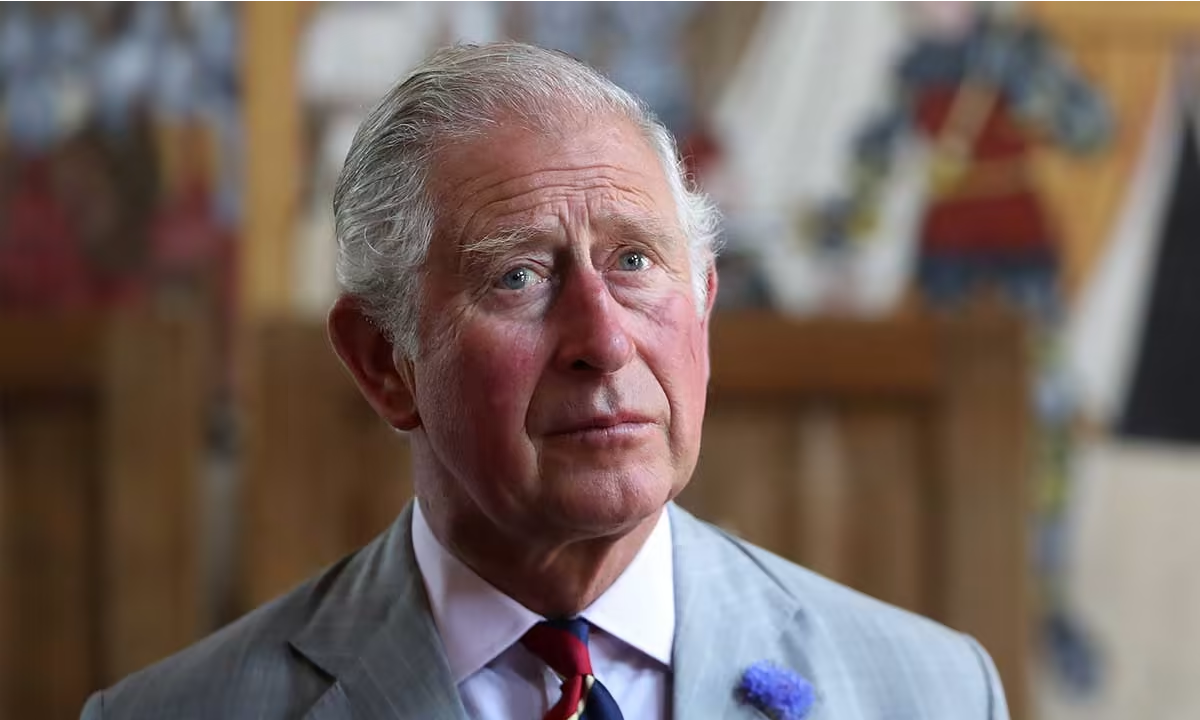
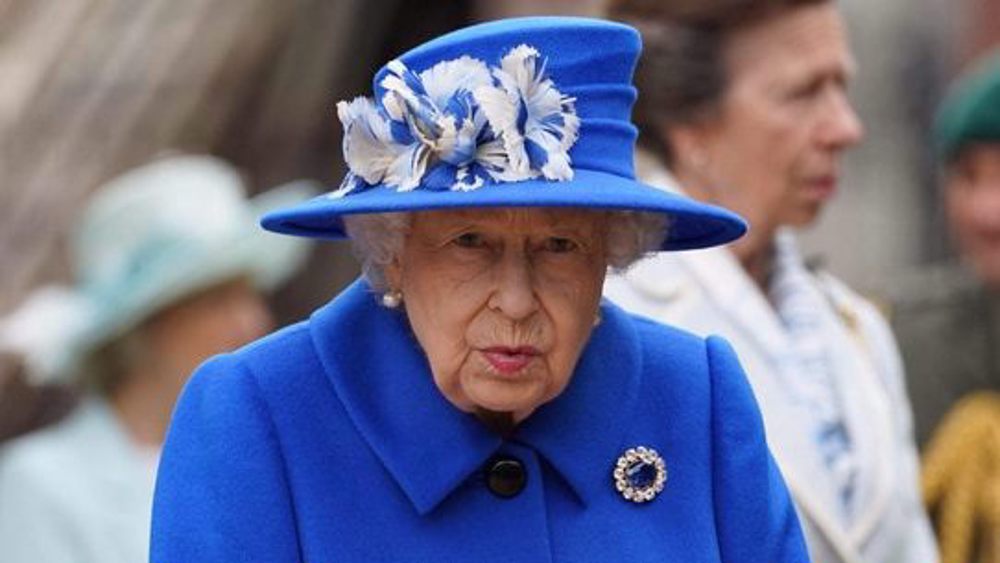
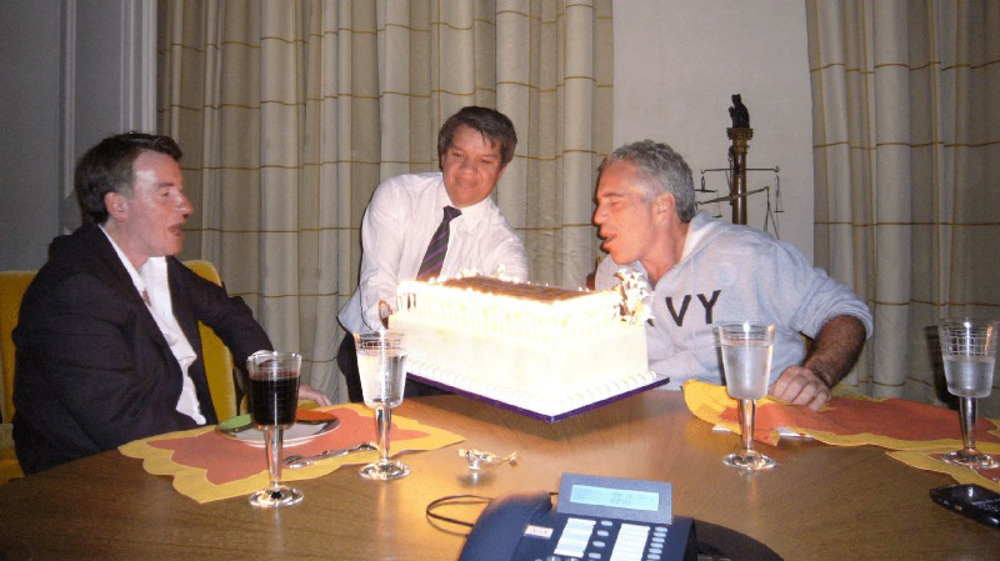
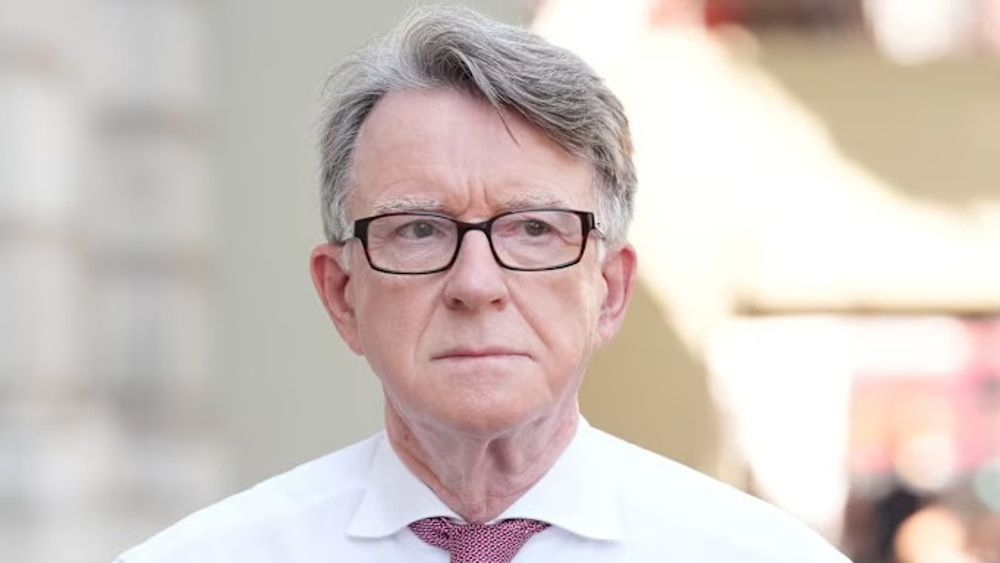
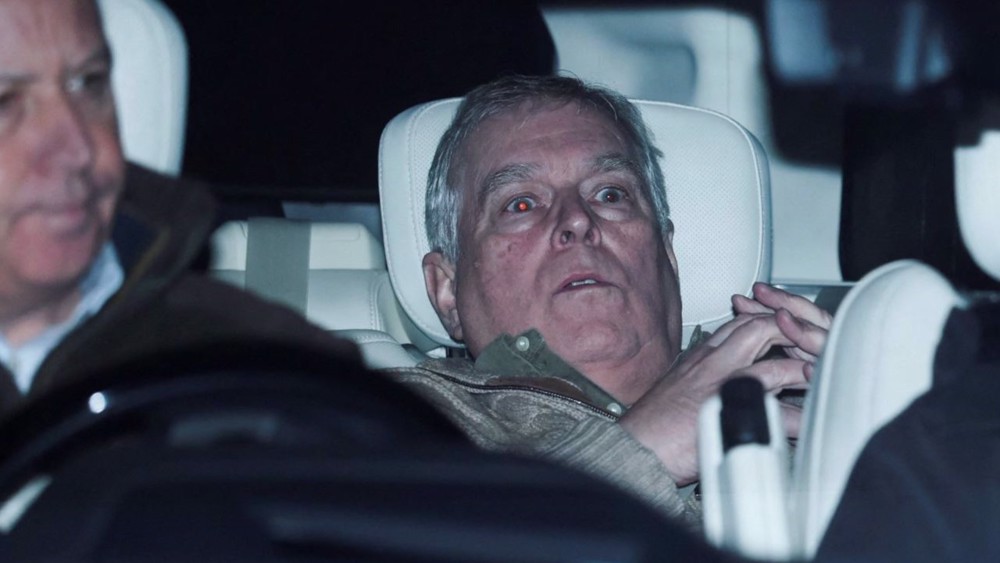



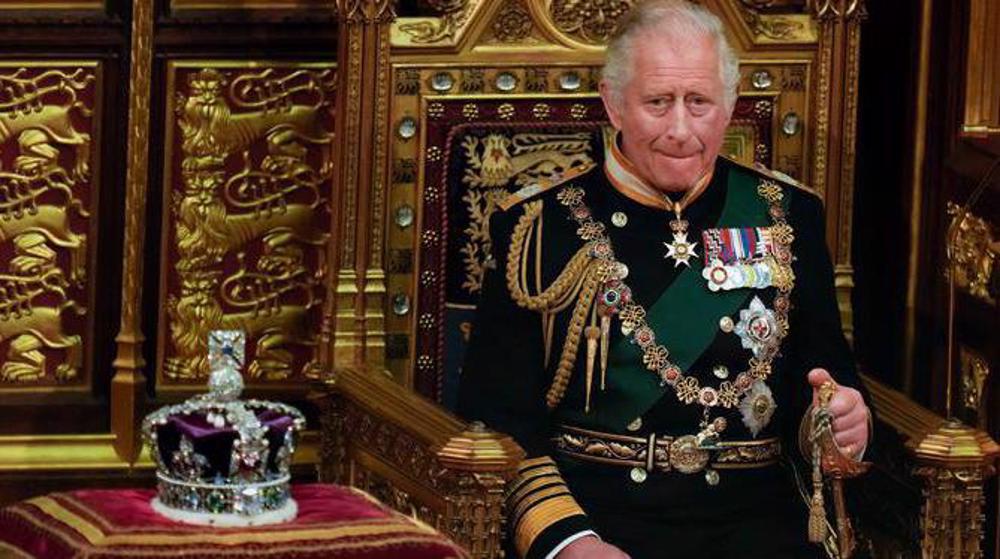
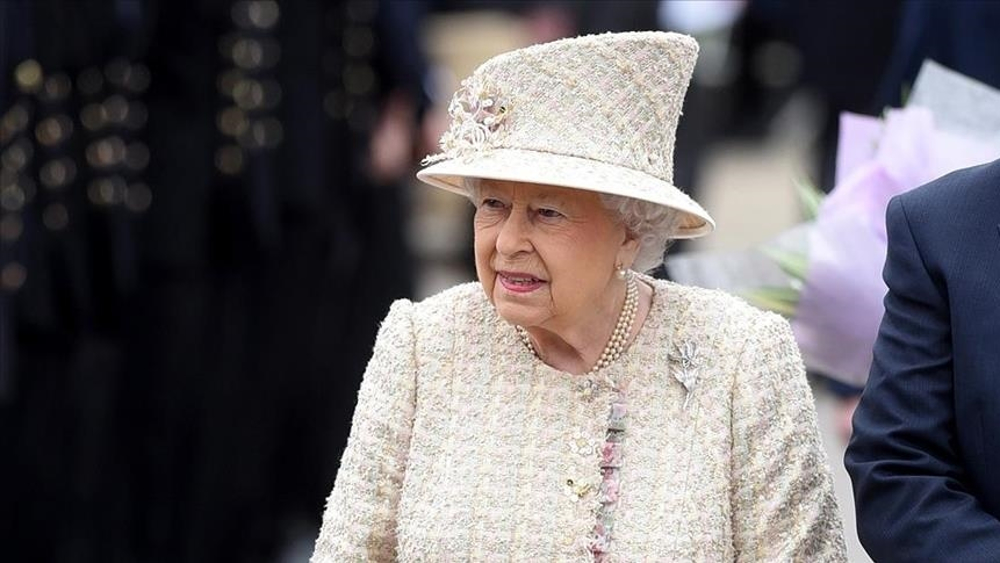
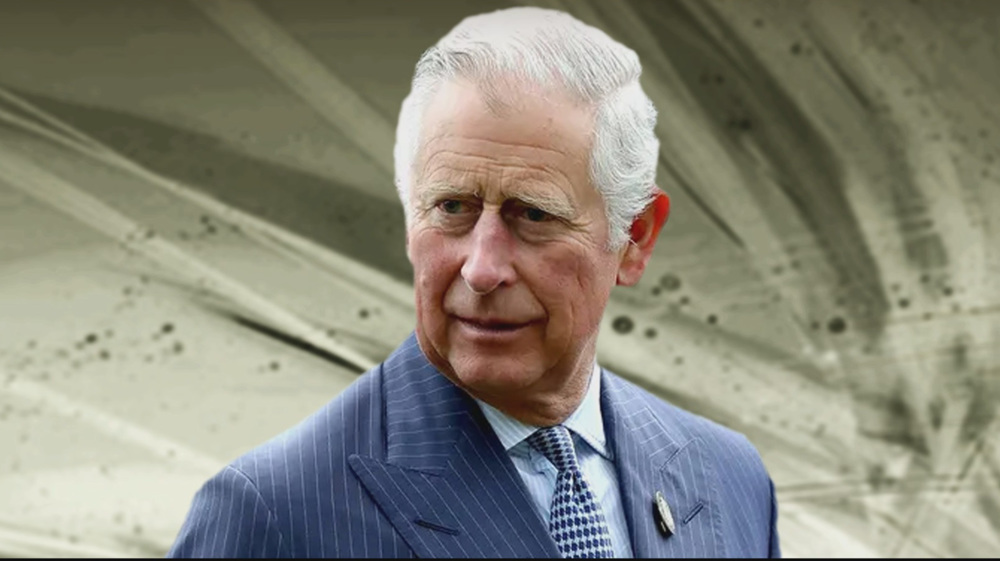

 This makes it easy to access the Press TV website
This makes it easy to access the Press TV website